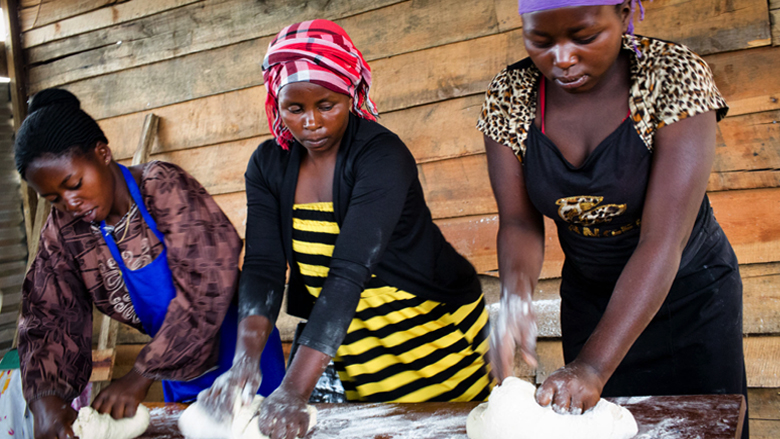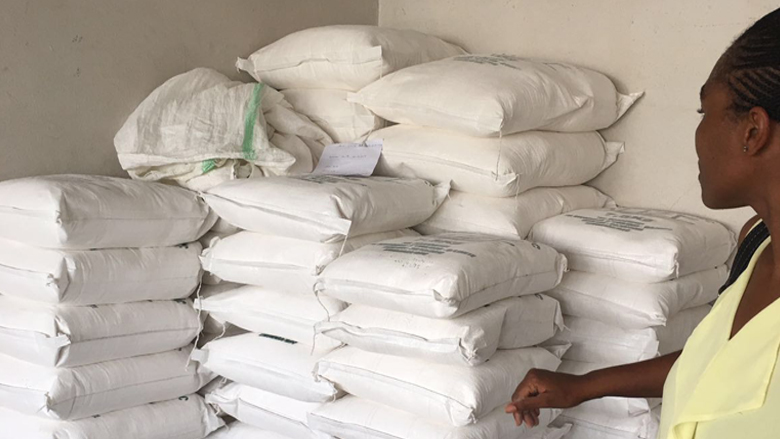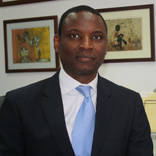WASHINGTON, January 10, 2017 — Every morning, a 40-something-year-old woman lays out fish on one of Lake Tanganyika’s beaches. Once it has dried, she will sell it in Kalemie, a town a few miles away in the eastern region of the Democratic Republic of Congo (DRC). She has a little stand there, strategically located at the intersection of two main roads where passersby and commuters often stop to buy their food for the day. If everything goes well, at the end of the week she will have enough money to feed her eight children and buy extra fish to dry.
On the other side of the country, in the capital city of Kinshasa, Kany Véronique Mafuta runs a small company that produces flour from the cassava root. Local demand for her product is booming, but she doesn’t have the necessary resources to buy new equipment and expand production. When Kany looked for capital, local banks could only offer her loans with high interest rates that she could not afford.
A multifaceted reality
As a fragile state, DRC is home to two different types of women entrepreneurs: those who start a small business out of necessity to make ends meet – these are the women who try to earn a living by cooking extra food and selling it on the streets; who resell manufactured goods or mass-market products in rural areas; or who cross the border to trade small quantities of goods from neighboring countries – and those who launch and try to scale a company to pursue a market opportunity. Research shows that in urban areas, these women-led SMEs are mainly concentrated in small-scale trade, services, and agriculture.
“Women entrepreneurs play an important role in DRC’s economy. We wanted to better understand the challenges they face in order to plan future projects and initiatives that support their efforts to be viable, productive business owners,” said DRC Country Director Moustapha Ndiaye. “We are making strides in improving the business environment for women – and men – in both urban and rural areas.”
Both Kany and the woman from Kalemie have an entrepreneurial spirit, but their aspirations, challenges, and needs are very different and require tailored support programs.
Necessity entrepreneurs reflect the reality of a fragile state’s economy.
“In a country grappling with high levels of unemployment, most women have no other option but to establish their own micro-enterprise to support their families,” said Milaine Rossanaly, a World Bank private sector specialist. “The Congolese micro and small entrepreneurs are thus driven much more by fighting for survival than seeking profits.”
These entrepreneurs, according to Rossanaly, need to be supported through a holistic approach that combines the direct supply of technical equipment with access to education, health care, and social support.




